Below, we continue our interview with Gabriella Citroni, senior legal advisor for TRIAL: Track Impunity Always, focusing on the more personal side of her work.
PMSJ: What issues are you working on now?
GC: I work on litigation before international human rights mechanisms, e.g. the European Court of Human Rights, UN Human Rights Committee, and the Committee Against Torture, on cases of gross human rights abuses as well as the submission of shadow reports to different organs of the UN. (Shadow reports are written by NGOs to expand on the information that States provide in periodic reports submitted to different UN treaty monitoring bodies. Ed.)
I work mainly on Bosnia and Herzegovina, Mexico, and Russia, and I support other colleagues on various projects as well.
PMSJ: How does it feel to go into impoverished countries and work with people who have lived through traumatic experiences but whose needs often go unmet?
GC: It is a highly challenging, but also tremendously rewarding experience. I consider it a privilege to be able to work in this field and get first hand information and a direct feeling of what happens in a country and how people really live there.
After having seen people considered as “invisible” and having listened to their stories, I feel responsible for making such stories known and erasing the invisibility that is all too comfortable and hypocritical. I feel responsible to work to change this.
Further, I must admit I often feel genuine anger. My anger is certainly against perpetrators of horrifying crimes, but it is also directed towards indifference and self-indulgence.
First, indifference makes possible the perpetuation of abuses and impunity. Second, it is too easy to blame the single perpetrator without also looking at the bigger picture and trying to understand complicities, root causes, and the involvement of the international community (including our own countries).
Finally, what I usually feel most in the context of my field missions is gratitude towards the people I work with because I always learn something from them. It is inspiring for me to see how people who have suffered terrible abuses manage to maintain a sincere smile on their faces and convert suffering into strength and hope for change.
I am both impressed and motivated by the terrific resilience I meet in my daily work.
PMSJ: What part of your work do you find most rewarding?
GC: To quote one of my mentors, Judge Augusto Cançado Trindade, former President of the Inter-American Court of Human Rights, “Working in the international protection of human rights is like the myth of Sisyphus, an endless task. It is like constantly pushing a rock towards the peak of a mountain, where it falls back down again and needs to be pushed up again. The task of protection develops between advances and retreats.”
So, generally speaking, the work in international human rights protection can sometimes be highly frustrating. No matter how many efforts, you still find yourself surrounded by injustice and further suffering. This often leads to self-questioning and considering whether there is a point in what we are doing.
But despite the obstacles, disillusions, doubts, and challenges, I have to say that I love my work and I could not do anything else. I cannot imagine something that for me would be as rewarding as this.
When I sense I have gained the confidence of the people I am working with – who usually have been marginalized, cheated, and subjected to immense suffering – I feel highly rewarded. While this brings a huge responsibility, it makes you feel you can make a difference.
When I see that, through our work, a person who has suffered harm and whose quest for justice has been turned down over many years can finally obtain a judgment bringing some justice and redress, I feel satisfied.
When I see that thanks to our work, states take meaningful steps to change their domestic system and bring it in line with standards aimed at protecting human rights, I feel the importance of setting the foundations for a different future.
When through our work we contribute to the prosecution and sanction of a perpetrator of gross human rights violations, I feel rewarded for having helped to convey the message that no one is above the law, and impunity cannot be tolerated.

